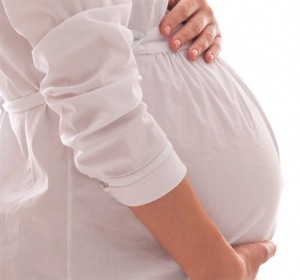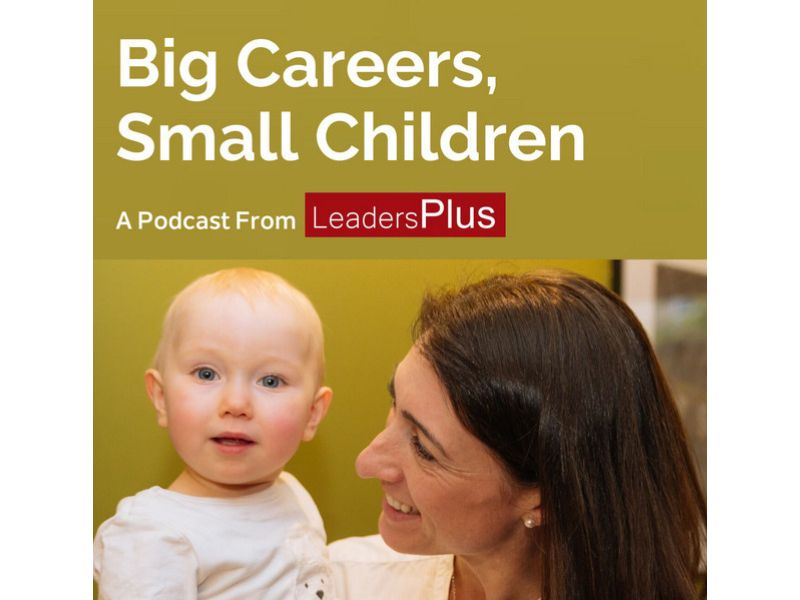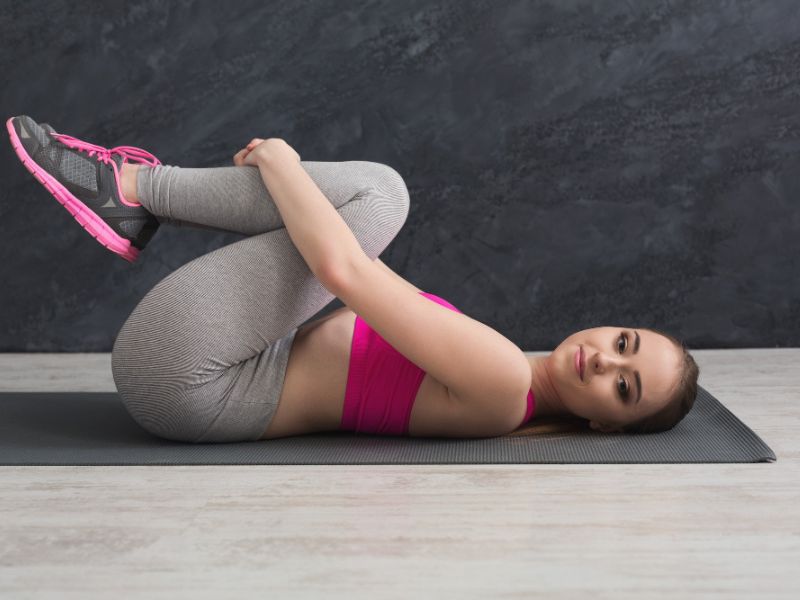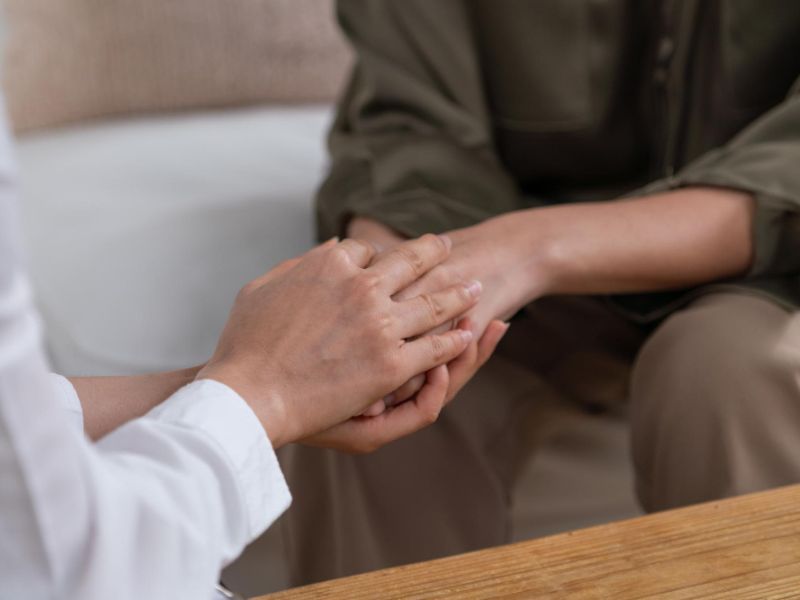 Last summer I set myself a mission – to decide whether or not to freeze my eggs. As I was to learn, I had left it very late in the day. At 42, I was a woman of “advanced maternal age”. Actually, very advanced since it’s at 37 that a woman’s fertility first takes a nosedive.
Last summer I set myself a mission – to decide whether or not to freeze my eggs. As I was to learn, I had left it very late in the day. At 42, I was a woman of “advanced maternal age”. Actually, very advanced since it’s at 37 that a woman’s fertility first takes a nosedive.
I’m a documentary maker. I’ve lived a life full of excitement and adventure, making films around the world. I’ve felt hugely fulfilled by this and it’s one of the main reasons why I haven’t settled down and started a family. But when I focused on the issue last summer and contemplated a childless future I realized that I wasn’t ready to accept that I might never be a mother. It was this, plus results that showed my ovarian reserve was good for my age, together with the fact that I live in Istanbul, a 90 minute flight from Cyprus where treatment comes at relatively low prices, that encouraged me to go ahead and freeze my eggs. I did this with my eyes open, fully aware that the chances of my having a baby, should I decide to thaw my eggs were slim. But, with no long-term partner on the scene, it was the best I could do in the circumstances.
While I was going through the decision making process and the freezing itself, I made a documentary for the Al Jazeera Correspondent strand. I’ve been in front of camera before but I’ve never done anything so personal. It wasn’t easy baring my heart, my soul and my ovaries on international television but both I and the producer, Lynn Ferguson, knew that the film needed to be as honest and personal as possible in order to be most helpful.
The reaction to the film confirmed this and made the challenges I encountered in making it immediately worthwhile. My being honest on camera encouraged other people to be honest with me. I was blown away by the emails and calls that I received from people around the world who told me their life stories, their hopes and fears. People said the film had opened their eyes, had made them think again about their futures, that they had no idea about declining fertility, that they were going to get fertility tests done. I was surprised at the number of men who wrote to me who, like many women, were worried about meeting a partner with whom they could start a family before it was too late.
It wasn’t easy baring my heart, my soul and my ovaries on international television
Clearly the film struck a chord. The response to it showed there’s a need for education and awareness so that people – particularly women but men too – assess their fertility levels and really think about how best to plan their futures much earlier than I did. There’s a strong need for frank, open conversations about fertility, older parenting and childlessness. I hope that the film can encourage people who watch it to have those conversations, both with themselves and with each other.
Amanda Burrell is a documentary filmmaker who has been making films around the world for 20 years. She studied History at Cambridge University and then did an MA in Media and Cultural Studies at Goldsmiths. She was offered her first job in television, as a researcher, the day after she handed in her thesis. Amongst many freelance jobs, she worked for one year in the LWT Arts Department with Melvyn Bragg and for two years in the BBC History Department. After leaving the BBC in 2003, Amanda won a bursary to develop programme ideas in India. She set off with a backpack and a camera and ended up living and making films there for two years. On her return to Britain, she produced, directed, presented and shot documentaries around the world in countries including Bhutan, India, Peru and Yemen. In 2012 she moved to Istanbul where she works as the Manager of In House Programmes for Al Jazeera’s Turkish channel.
You can watch the film here








